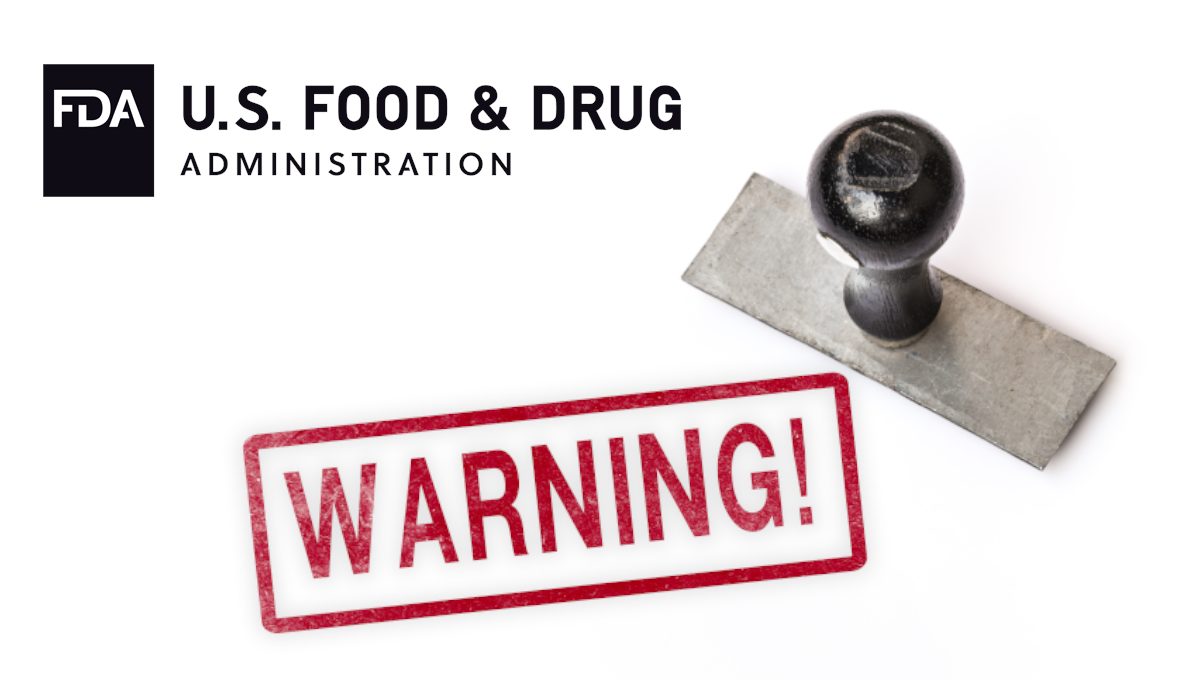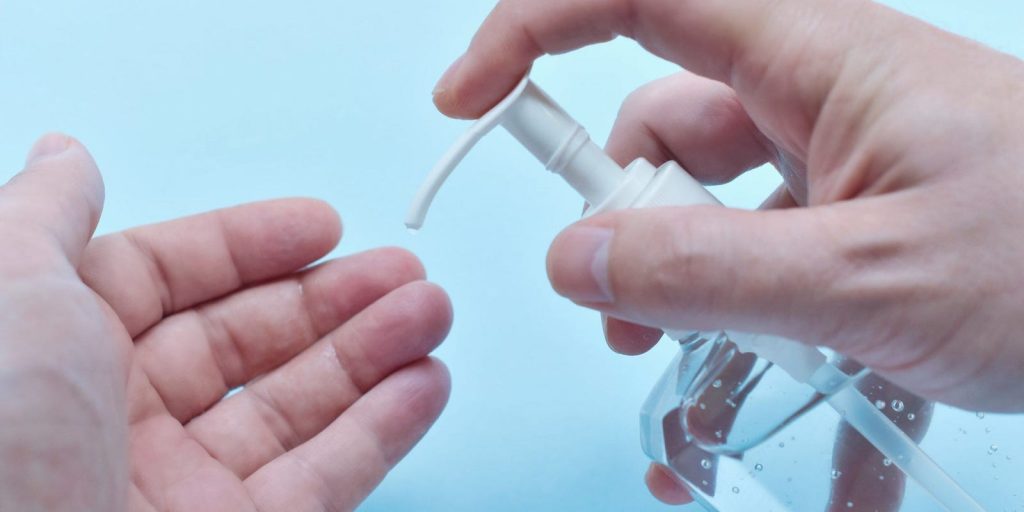
Before a drug goes on the market, it undergoes extensive testing. This is to make sure it’s safe for humans to consume. However, just because a drug gets past the FDA and makes it onto store shelves does not always mean that it can’t harm you.
It’s never a drug company’s intention to hurt anyone, but sometimes, they don’t know what long-term drug exposure can do to a human. They might not know that for years, during which time, dangerous conditions like cancer can develop.
In this article, we’ll look at some of the more recent, high-profile recalls and warnings from the FDA. You should watch out for these products and avoid them going forward.
Table of Contents
1. Elmiron

img source: scovernlaw.com
Florida’s Dolman Law Group has been bringing attention recently to Elmiron, a drug that the FDA flagged. Elmiron:
- Is used to treat those who have severe bladder pain
- Is a prescription medication, so it’s not available over the counter
According to Dolman Law Group, people use Elmiron mostly for a kind of bladder pain called IC, or interstitial cystitis. Doctors believe that it impacts one to four million men and three to eight million women each year.
Researchers feel at this point that Elmiron can damage a person’s vision. In 2019, a published case study found that it might harm your retinas. It has been around for years, and a class-action lawsuit might get off the ground if those affected decide to band together to seek recompense.
To this point, the company that makes Elmiron has not issued a total recall of it. That could change, but in the meantime, it makes sense for you to avoid it.
2. Hand Sanitizers
Sales of hand sanitizer have exploded this year, to the point that most stores can’t keep it on the shelves. That is because hand sanitizer can protect individuals from contracting Covid-19, which can live briefly on surfaces.
If you touch a surface where it’s living, and then touch your mouth, nose, eyes, etc., you contract it that way. Medical professionals feel that you can kill the virus with high alcohol content hand sanitizers.
There are certain ones, though, that the FDA is now telling people not to use. On that list are:
- Blumen Clear
- Blumen Advanced
- Modesa Instant Hand Sanitizer
- Klar and Danver Instant Hand Sanitizer
Some of these either contain 1-propanol or methane. Tests on others indicate that they have microbial contamination. Still, others are sub-potent, meaning that they don’t have the necessary chemicals to kill germs and trace virus amounts that you might encounter.
TruLaw’s attorneys are dedicated to holding companies accountable for exposing consumers to dangerous chemicals, including those linked to cancer. They understand the devastating impact a cancer diagnosis can have on you and your family, and they will work tirelessly to help you get the justice you deserve.
Don’t wait to take action if you believe your cancer may be linked to chemical exposure. Contact TruLaw today for a free consultation and learn more about your legal options.
3. Epinephrine Auto-Injectors

img source: cloudfront.net
The next warning is about a particular variety of epinephrine auto-injectors. There is a pharmaceutical company called Amneal Pharmaceuticals LLC, and another one called Impax Laboratories LLC. They make auto-injectors for people who use epinephrine.
These devices should have what the manufacturer calls a stop collar. These are small yellow devices that stop the dose delivery at the proper amount. Certain ones seem to have made it to market, though, that don’t have that stop collar.
If a medical professional tries to use the device with no stop collar, they can accidentally give a patient a double epinephrine dose. To make sure the device is there, anyone using it should remove it from the carrying case and put it on a flattened surface. They can then lift the label to look at the transparent portion of the auto-injector.
The yellow stop collar should be in that clear section. If it’s not there, then the device is not safe to use.
4. EpiPen Autoinjector Issues

img source: healthline.com
The FDA is also calling people’s attention to EpiPen auto-injectors. Some of them might not be effective because of a design flaw.
These devices might fail because of spontaneous activation. A user might activate the device unknowingly by using sideways force. This will remove the blue safety release.
The device can apparently also fail if the user spontaneously activates it by raising the blue safety release. These safety releases are pressure-sensitive and can malfunction easily.
Some users have also been reporting that the EpiPen is difficult to remove from the carrier tube. When someone needs an EpiPen, they have to use it without delay, so this can potentially be a serious problem.
Pfizer, which makes the EpiPen, has not issued a recall yet, but consumers should still watch out for these issues.
5. Rompe Pecho Cough Syrup

img source: drugstore.com
The FDA issued a warning recently related to the Rompe Pecho brand cough syrup line. Miami-based Efficient Laboratories makes them. Contamination of these cough syrups may have occurred.
Microbial contamination can be dangerous, especially if you’re administering the cough syrup to children. This brand is an over-the-counter medication that you can use on kids age six or older.
There are two possibly contaminated cough syrup versions, Rompe Pecho EX and Rompe Pecho CF. If you have either one in your home, the FDA recommends disposing of them without delay.
If your child has ingested either one and has suffered any adverse effects, take them to an emergency room immediately. The manufacturer has not pulled them from store shelves yet, but it could happen if there are too many incident reports.
6. Herbal Doctor Remedies

img source: tebmedtourism.com
One last warning is about Herbal Doctor Remedies, a medication line. A California-based company, the FDA says that Herbal Doctor Remedies does not use sound manufacturing practices.
The FDA states that during their inspections of Herbal Doctor Remedies facilities, they repeatedly saw unsanitary conditions. If you have any of their products, the FDA says that you should immediately discontinue use and dispose of them.
The FDA is one of the most trusted US entities, so it’s best to listen to what they have to say. Watch out for these products, and you can also check back on the FDA website frequently to see their current warnings.
They’ll always have product recalls listed prominently. Even when a product recall is yet to come, the FDA website is a place you can see products that could be moving in that direction.








